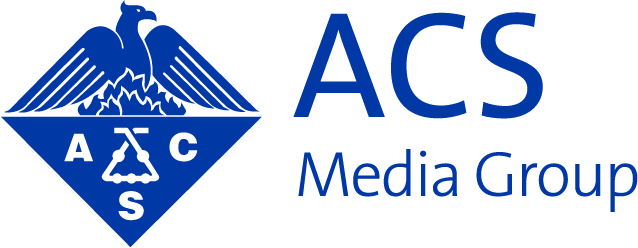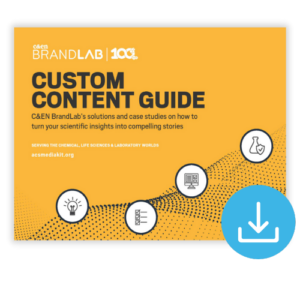One hundred years is a long time for anything to stick around, but it is especially hard for media! How does a news organization like Chemistry and Engineering News (C&EN) maintain its relevance for so long?
One secret to C&EN’s longevity is the features that dive deep into trending scientific topics. C&EN’s journalists are plugged into every corner of chemistry and engineering, and they put the latest news in context for readers. C&EN’s reporters and editors stay on top of the interests, questions, and issues that today’s chemists and engineers care about.
But “following trending scientific topics” is more complicated than it sounds, especially for science marketers. There are campaigns to plan, ads to design, and white papers to write… Who can keep up with everything happening in the world of scientific research? Not only is it time-consuming to follow along, but you also often need specialized training to even understand what is happening!
If only there were a crystal ball that allowed us to see what chemists and engineers are interested in…
You are in luck! In this article, we give you a behind-the-scenes look at the most popular topics at C&EN. Tap into these scientific trends to drive traffic, capture attention, and generate leads.
1. Informatics: Is This the Year of Digitalization for the Chemicals Industry?

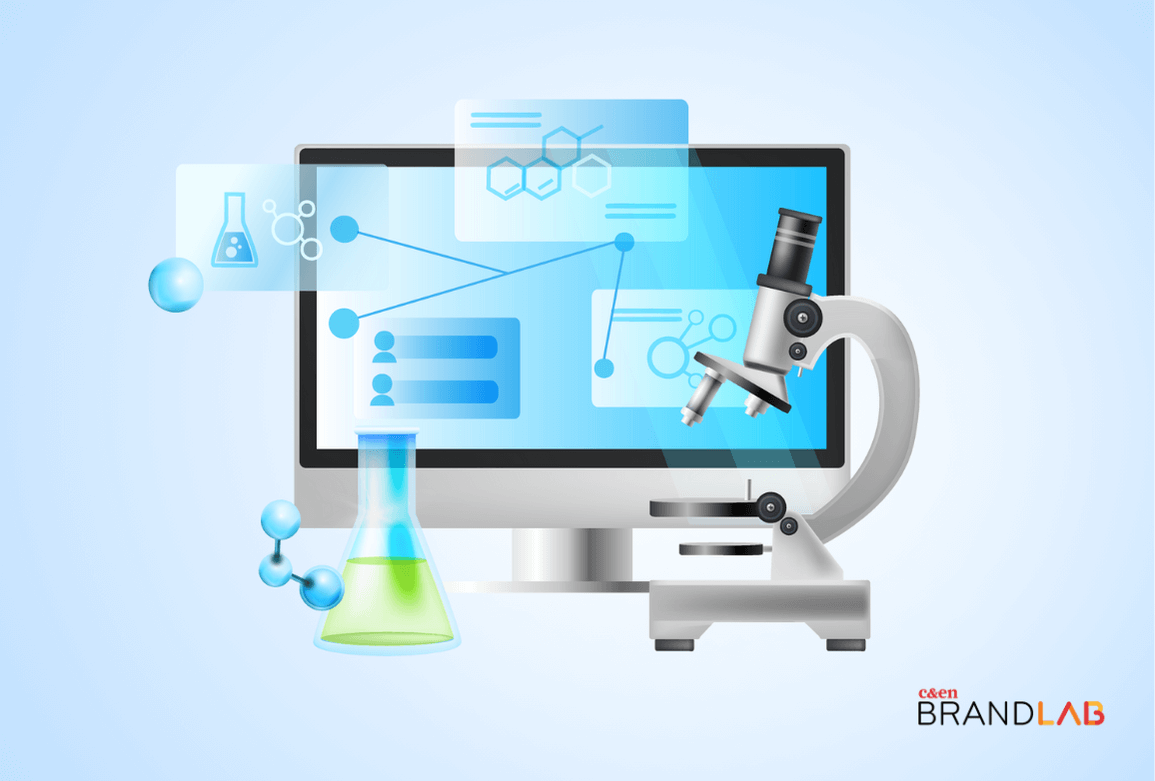
Businesses in the chemical industry are embracing digitalization to enhance manufacturing processes, optimize supply chain management, and improve product development. Automation, data analytics, and streamlined collaboration empower the teams to make better decisions, boost efficiency, and reduce operational costs. This digital transformation streamlines operations and opens doors to innovative products and services, ensuring a competitive edge in a rapidly evolving market.
But implementing digitalization in the chemical industry isn’t easy. New technologies must be integrated into existing processes and systems while limiting downtime and expense. There are also human resource challenges: employees must be trained to use these new technologies, and company culture must shift to support innovation.
This growing digital infrastructure also lays the foundation for AI-enabled technologies, which are already taking off in the pharmaceutical industry.
Learn more on C&EN: Chemical firms will standardize digital platforms
2. Artificial Intelligence: AI and Drug Discovery is Happening

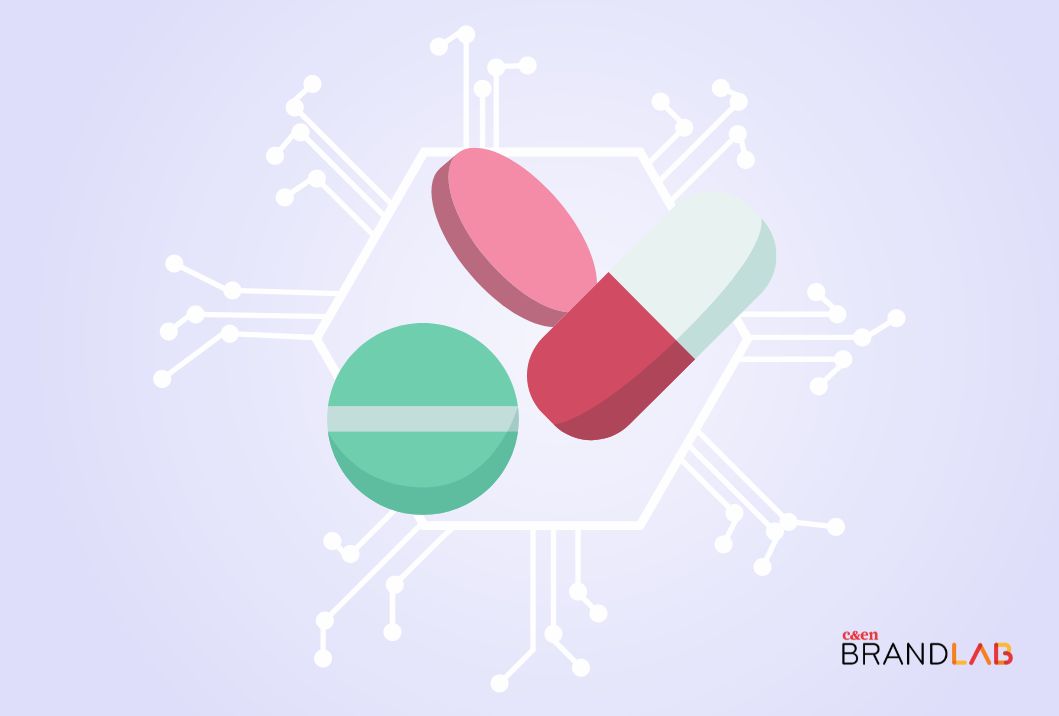
AI fever is here (in case you haven’t noticed). Whether it is education, art, or business, there is a growing legion of robots to help you in every area of life. The pharmaceutical industry is no exception, though the build-up has been a long time coming. AI platform developers, such as Insilico Medicine, Exscientia, and Valo Health, have all raised hundreds of millions of dollars in funding. Now they are partnering with many of the largest pharmaceutical companies to discover new drugs.
But this technological explosion may not be good for everyone. Chemists in drug discovery and development may see AI as a threat rather than a friend. Are data scientists going to replace laboratory scientists?
It is too soon to say how AI will impact the pharmaceutical industry, but the question is on everyone’s minds. Even for companies not selling AI, you still need an AI story. How do your products connect with AI systems? How will AI change your area of specialization? If you think AI is an overblown fad, now is also a great time to explain your thinking.
Learn more: Accessing artificial intelligence in pharmaceutical laboratories
3. Pharmaceuticals: ADCs are Big Business

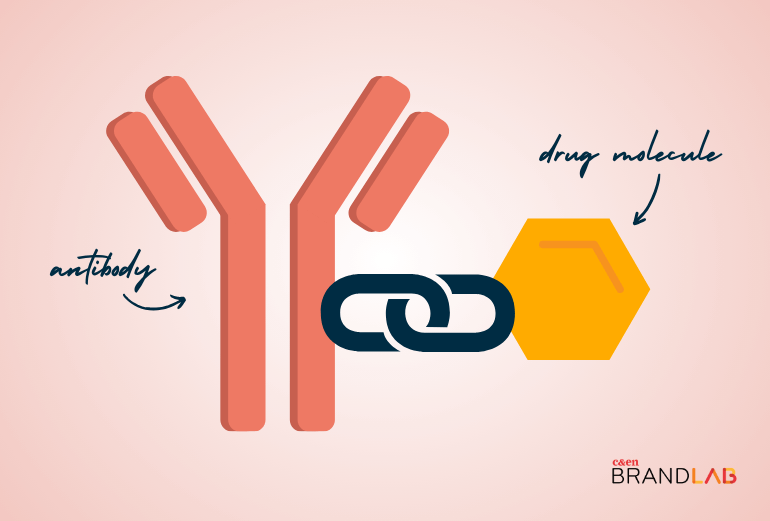
Antibody-drug conjugates (ADCs) are a class of biopharmaceutical that pairs the targeting ability of an antibody with small molecule payload. These medicines are especially effective as cancer treatments, as they can attack diseased cells with potent chemotherapies while sparing surrounding healthy tissue.
Though ADCs were introduced more than 20 years ago, they are taking off commercially now. While they have a lot of potential, these medicines are complicated. Antibodies, payloads, and the linkers connecting the components each have their own research and development issues. Biopharmaceutical companies must make significant investments to get their programs operational.
As more companies get in on ADC development and manufacturing, there are plenty of opportunities for contract manufacturers and vendors to meet the needs of this growing field of research.
Learn more on C&EN: New day for antibody-drug conjugates
4. Specialty Chemicals: Personal Care Products Reformulation


The personal care industry, which includes hair products and cosmetics, is inherently susceptible to fads. Consumer preference, often based on the perceived health or environmental harms of specific ingredients, can shift purchases to other brands. In response, personal care companies adjust their formulas to meet consumer desires.
An example of this is silicones, which are used in a variety of products. While this class of compounds is safe and is not particularly harmful to the environment, there has still been a push by European regulators to ban several of these compounds due to their slow biodegradability. Many companies are looking for drop-in replacements or developing alternative formulations that deliver the same quality consumers expect.
Scientists working in the personal care industry are always looking to stay ahead of these trends. There are also opportunities to directly educate beauty product enthusiasts to shape consumer preferences.
Learn more on C&EN: Swapping out silicone in our skin and hair products
5. Sustainability: Solvent Switch


Global warming is rapidly becoming a reality. The summer of 2023 is on track to be the hottest in history, with temperature records being shattered all over the southern United States, along with the rest of the world.
Sustainability is often top of mind for chemists and engineers, yet updating production and operating processes for sustainability takes consideration. Chemists and engineers must reevaluate factors they may have taken for granted, such as solvent choice, energy efficiency, or supply chains. How do they adapt to achieve sustainability across an entire value chain? Should they try to “green” established methods or develop new ones from scratch?
Offering advice on these topics can support sustainable practices while positioning your company as an environmental leader. It could also help generate opportunities for partnerships with institutions that want to collaborate on environment-focused initiatives.
Learn more on C&EN: Can organic chemists cut waste by switching to water?
